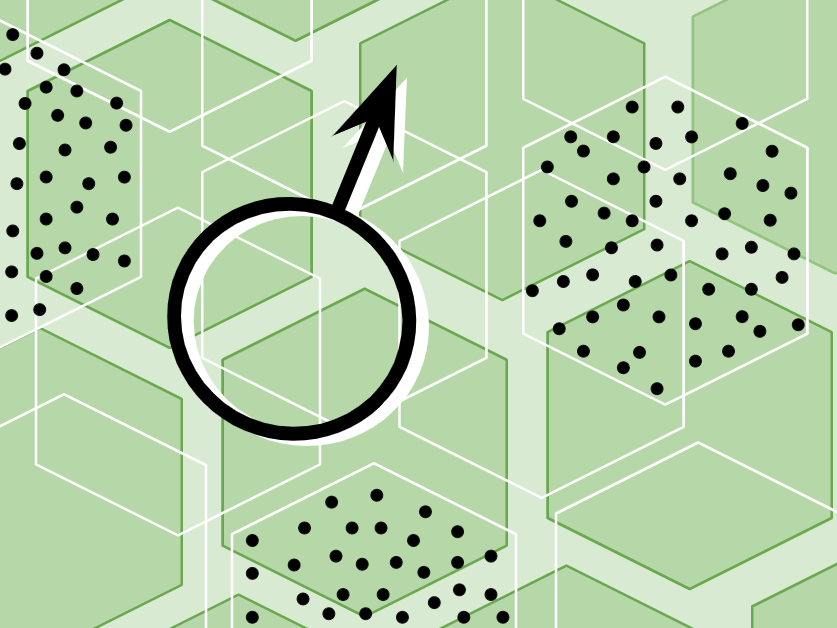What You Need To Know About Men’s Mental Health
“You’d be surprised how many times a man sits in his car, on his bed, in the bathroom and holds in his tears because he’s stressed, lost, confused, hurt, or ready to give up. But when he shows his face again, he looks perfectly fine, unbothered and he still manages to smile and go about his business like nothing happened.”
No, this isn’t your typical PSA telling you it gets better. Or telling you there’s brighter days ahead. But it is a message to all the people who overlook men’s mental health and think it is irrelevant to everyday life.
Mental health isn’t just an issue for some men; it’s a worldwide problem that men have dealt with forever.
According to the CDC, in 2018 alone, men died to suicide 3.7 times more than women. Men are typically raised to internalize and suppress their emotions, resulting in built-up anxiety.
According to Dr. Elena Touroni, in the article The Complete Guide To Mental Health Care For Men, “men can find it more difficult being open about their mental health and seeking support because it’s likely to go against the kinds of messages they received growing up.” Touroni is a consultant psychologist and co-founder of The Chelsea Psychology Clinic.
Cinnaminson High School Crisis Counselor Anthony Faltz sees how young men are affected by society’s expectations.
“Historically speaking, there has always been a stigma against males getting treatment for mental health services– men are supposed to have a stronger stature than others, and when they have emotional problems, they are seemed to be weaker–” Faltz said.
In a study done by the CDC in the article, Mental Health Is Having a Moment — But Does It Apply to Men? “9 percent of the men surveyed experienced daily symptoms of depression or anxiety, but only 1 in 3 of them took medication for these feelings, and only 1 in 4 spoke to a medical professional.”
Instead of finding safe and effective ways to deal with their battles of mental health, men typically deal with their emotions in harmful ways.
These can include, “irritability, sudden anger, increased loss of control, risk-taking and aggression,” a group of doctors from mentalhealth.org said. “Men may also be more likely to use alcohol and drugs to cope with their depression rather than talking about it. They may use escapist behavior too, such as throwing themselves into their work.”
While going to a therapist for their mental health could be beneficial, men typically see it as a sign of weakness and not being the stereotypical “man.”
“Men of all ages and ethnicities are less likely than women to seek help for all sorts of problems–including depression, substance abuse and stressful life events,” Lea Winermer said in the article “Helping men to help themselves.”
From high school students who are afraid to be ridiculed in front of their peers to elderly men who have seen everything in life, men suppressing their feelings happens to men everywhere, no matter the age or race. Poor mental health can impact one’s well-being, and could lead to suicide, which will not only affect a person’s family, but their friends, and ultimately, the entire community.
Overlooking a man’s mental health is very common, even from one man to another. Check in on the male figures in your life – be there for them and reach out to them, even if it’s just once a week. It means more than you would think.
If you or someone you know are struggling, reach out to a trusted adult. Help is available at any time via the National Suicide Hotline at 1-800-273-8255, or the new three-digit number, 988, which will be implemented July 16 and automatically direct to the hotline.













